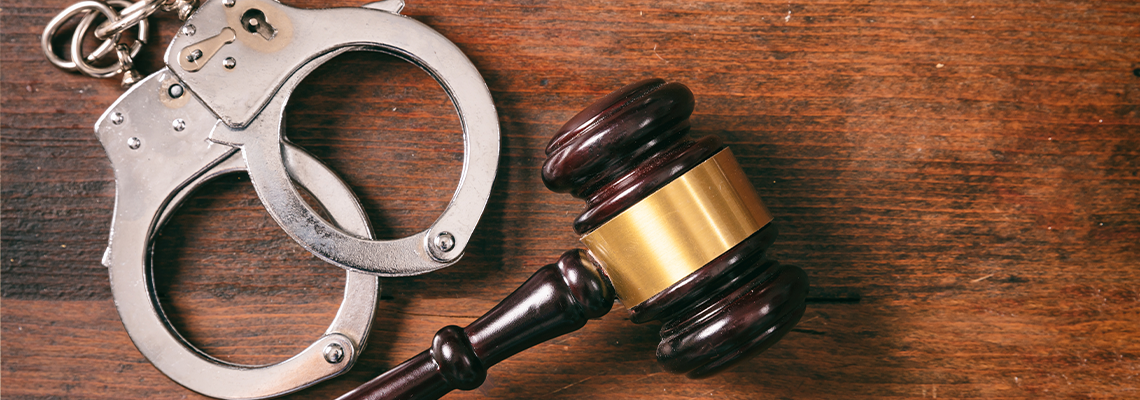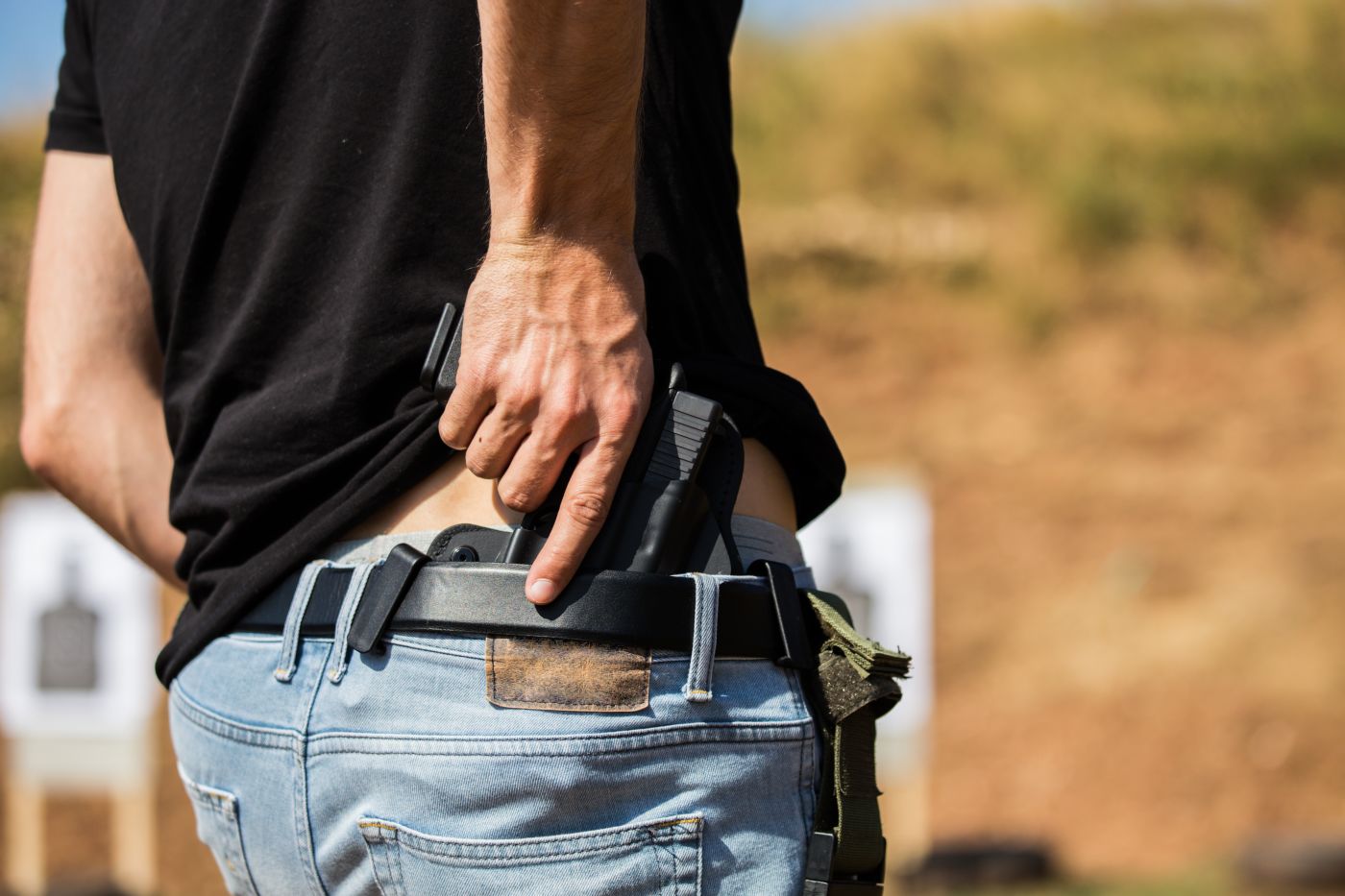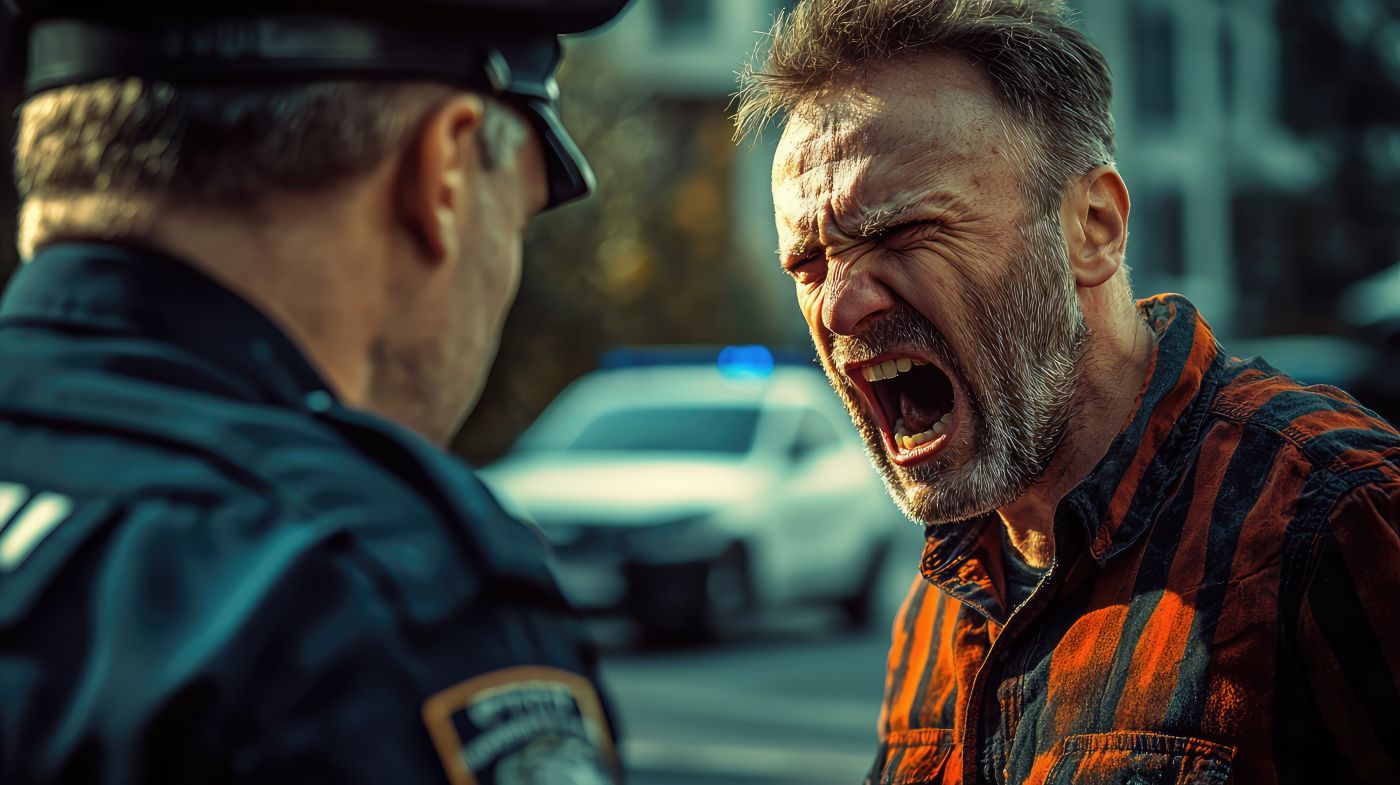
Facing drug trafficking charges is a serious legal matter with far-reaching consequences. A conviction can lead to years in prison, hefty fines, and a long-lasting criminal record. If you or a loved one is charged with drug trafficking in Colorado, challenging these allegations effectively is critical.
A criminal defense attorney plays a vital role in scrutinizing the evidence and making sure that your rights are protected throughout the process. At the Leier Law Office, LLC in Fort Collins, Colorado, we can carefully evaluate the evidence, identify weaknesses in the prosecution's case, and craft a strategy tailored to your unique circumstances.
Understanding the types of evidence crucial for challenging drug trafficking allegations is the first step in building a robust defense. Let’s explore various forms of evidence that can be used to challenge such charges and highlight the role a criminal defense attorney plays in securing a favorable outcome for defendants.
Types of Evidence for Challenging Drug Trafficking Charges
To successfully challenge drug trafficking allegations, your criminal defense attorney will need to examine all the evidence presented by the prosecution. Drug trafficking charges are often based on circumstantial evidence, and strong defense strategies can involve showing that this evidence doesn’t support the claim of trafficking.
Below are key types of evidence that may be critical in challenging drug trafficking charges.
Lack of Proof of Intent to Distribute
One of the most critical elements in a drug trafficking case is proving the defendant's intent to distribute illegal substances. The prosecution must establish that the defendant had the intention to sell, transport, or distribute drugs.
If the evidence shows that the defendant only possessed drugs for personal use, the charges may be reduced to possession instead of distribution.
A criminal defense attorney may challenge the prosecution’s evidence by highlighting inconsistencies, lack of direct evidence of intent to distribute, or discrepancies in witness testimonies. Common defenses include:
The drugs were for personal use, not for distribution.
There is no evidence showing the defendant’s involvement in selling or trafficking drugs.
The amount of drugs found wasn’t substantial enough to indicate trafficking.
By raising reasonable doubt, a defense attorney can reduce the severity of the charges.
In many cases, drug traffickers are arrested with large quantities of substances. However, this alone doesn’t necessarily indicate that the defendant was engaged in trafficking. If the defendant can show that the amount was for personal use or that the drugs were for a specific non-trafficking purpose, the charges could be significantly weakened.
Illegal Search and Seizure
Many drug trafficking cases begin with law enforcement officers searching a suspect’s vehicle, home, or personal property. In Colorado, the Fourth Amendment of the U.S. Constitution protects individuals from unreasonable searches and seizures.
If the evidence used against a defendant was obtained unlawfully, a criminal defense attorney can file a motion to suppress the evidence.
If law enforcement officers didn’t have a valid warrant or probable cause to conduct the search, any drugs or related paraphernalia found may not be admissible in court. In these cases, your criminal defense attorney can argue that the search violated your constitutional rights, potentially leading to the dismissal of the charges.
For example, if a law enforcement officer stopped a vehicle without reasonable suspicion and proceeded to search it, the drugs found in the vehicle could be ruled inadmissible in court.
In situations where the defendant’s constitutional rights were violated during the arrest or investigation, challenging the legality of the search becomes crucial in mounting a successful defense.
False Identification of Drugs
In many drug trafficking cases, law enforcement may seize substances that they suspect to be illegal drugs. However, the prosecution must prove that these substances are indeed illegal narcotics.
A criminal defense attorney can challenge the results of drug tests, lab reports, or even the testimony of officers if there is reason to believe that the substances were incorrectly identified.
The defense may include the following arguments:
The substances were misidentified as illegal drugs.
The drug testing procedures were flawed or unreliable.
There was a failure to properly store or handle the evidence, leading to contamination.
Drug testing methods aren’t foolproof, and errors can occur. For example, improperly conducted chemical tests can lead to false results. A competent criminal defense attorney can call into question the reliability of these tests and challenge the evidence on these grounds.
Additionally, improper handling or contamination of the evidence at any point in the process can undermine the prosecution’s case. A skilled defense attorney will thoroughly investigate the procedures used to collect, store, and test the drugs, making sure that the integrity of the evidence is maintained.
Witness Testimonies
Witness testimony can be crucial in drug trafficking cases. However, not all witnesses are reliable or credible. A criminal defense attorney can challenge witness testimonies by pointing out inconsistencies, motives, or bias in the statements provided.
If a witness provides evidence that contradicts the defendant’s version of events or seems biased in favor of the prosecution, this can be used to weaken the case against the defendant.
Witness credibility can be attacked in several ways:
Impeaching the credibility of the prosecution's witnesses.
Pointing out contradictions or discrepancies in witness testimonies.
Showing that the witness has a personal interest in the case’s outcome.
Effective cross-examination of witnesses can significantly affect the outcome of the trial. For instance, if a witness has a history of dishonesty or a vested interest in the case’s outcome, these factors can be highlighted to demonstrate that their testimony is unreliable.
Moreover, witness testimony may not always be as solid as the prosecution presents it. Eyewitnesses, for example, are known to make mistakes or misidentify individuals involved in a crime. By thoroughly questioning the accuracy and reliability of the testimony, the defense can create reasonable doubt.
Chain of Custody Issues
Chain of custody refers to the documentation and handling of evidence from the time it’s collected to the time it’s presented in court. If there are any breaks or lapses in the chain of custody, this could cast doubt on the integrity of the evidence.
For example, if a drug sample was mishandled or contaminated at any point, it might be impossible to prove that it’s the same substance initially seized by law enforcement.
A criminal defense attorney will scrutinize the prosecution's evidence handling and raise concerns about chain of custody violations. Even a minor inconsistency in the chain of custody can lead to the exclusion of evidence, weakening the prosecution's case.
If the evidence chain can’t be adequately established or if any part of the process appears to have been compromised, it could result in critical evidence being inadmissible. This could greatly reduce the strength of the prosecution’s case, potentially leading to the dismissal of charges.
Affirmative Defenses
In some cases, the defendant may present an affirmative defense to drug trafficking charges. An affirmative defense means that, while the defendant acknowledges certain facts, they argue that these facts don’t result in criminal liability due to specific circumstances. Common affirmative defenses in drug trafficking cases include:
Entrapment: Arguing that law enforcement officers induced the defendant to commit a crime they wouldn’t have otherwise committed.
Coercion or duress: Arguing that the defendant was forced to participate in drug trafficking under threat of harm or violence.
Lack of knowledge: In some cases, the defendant may not have known about the presence of drugs in their possession or the involvement in trafficking activities.
These defenses can challenge the prosecution’s narrative and offer an alternative explanation for the defendant’s actions. For example, a defendant may argue that they were unknowingly transporting drugs and had no knowledge that illegal substances were involved in the case.
If the defendant can prove that they were coerced or entrapped into committing a drug trafficking offense, they may be able to avoid conviction altogether. This is why it’s important for a criminal defense attorney to carefully assess all aspects of the case to determine whether any affirmative defense may apply.
How a Defense Attorney Can Help
Building a defense against drug distribution charges requires a thorough understanding of the law, evidence handling, and investigative techniques. A criminal defense attorney plays a crucial role in developing a strategy that can challenge the prosecution’s case and protect the defendant’s rights. Below are some ways an experienced criminal defense attorney can help:
Experience in Investigating Evidence
A criminal defense attorney can conduct an independent investigation into the case, uncovering additional evidence that could support the defense. This may include speaking with witnesses, obtaining surveillance footage, or reviewing law enforcement reports for inconsistencies or errors.
An attorney’s ability to challenge evidence can directly impact the strength of the prosecution’s case.
They may also request a reexamination of the drugs, questioning the methods and personnel involved in the lab tests. These extra steps can uncover crucial information that might benefit the defendant’s case.
Legal Knowledge and Courtroom Strategy
Drug trafficking cases often involve complicated legal issues, from the interpretation of drug laws to constitutional rights. A skilled criminal defense attorney can handle these issues effectively, using their legal knowledge to find weaknesses in the prosecution’s case.
They also craft persuasive arguments and negotiate plea deals when appropriate to achieve a favorable outcome for their clients.
In Colorado, the laws surrounding drug trafficking can vary depending on factors such as the amount of drugs and the type of substance involved. A criminal defense attorney will be able to explain these nuances and tailor a defense strategy accordingly.
Protecting Your Rights
Throughout the process, a criminal defense attorney makes sure that the defendant’s constitutional rights are upheld. From challenging unlawful searches to making sure it’s a fair trial, the attorney works tirelessly to protect the defendant’s rights. This level of advocacy is essential for challenging the often overwhelming evidence presented by the prosecution.
A skilled attorney will also make sure that the trial process adheres to Colorado’s criminal procedures and that any violations of these procedures are addressed. Fairness in the legal process is essential for securing a favorable verdict.
Seek Skilled Representation
By working with an experienced criminal defense lawyer, defendants can mount an effective challenge to the charges and protect their rights throughout the legal process. If you or a loved one is facing drug trafficking charges in Colorado, contact our attorney at the Leier Law Office, LLC.
We’re proud to serve clients in Fort Collins, Colorado, as well as Loveland, Greeley, Windsor, and Evans. Call the Leier Law Office, LLC today.



